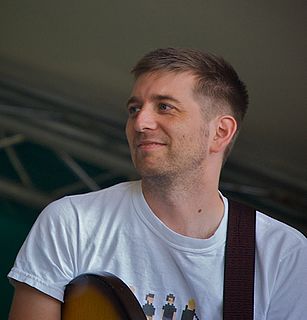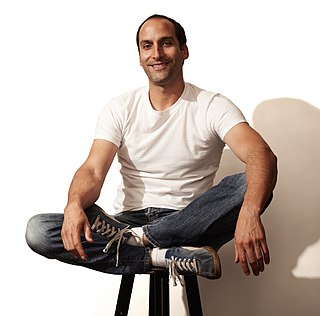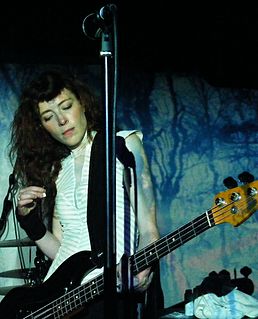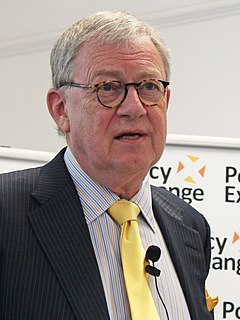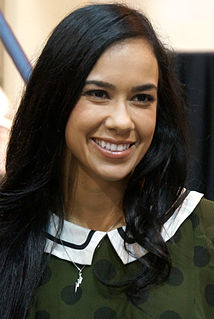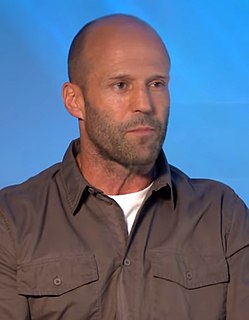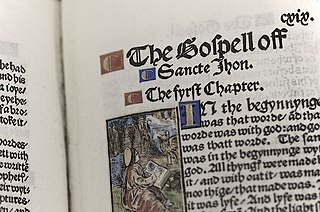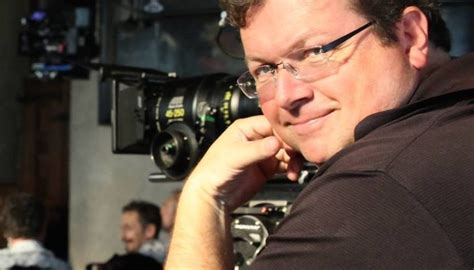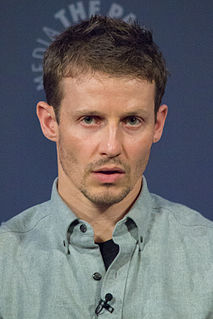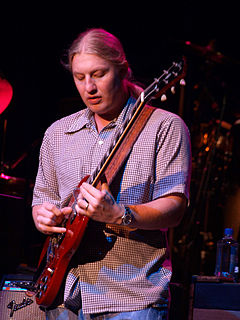A Quote by John Tesh
I used almost every penny I ever made to build recording studios in every city I lived in. I don't have much to show for all the TV money except a lot of musical gear and a lot of songs.
Related Quotes
I would only listen to certain things, like a lot of teenagers do. But the Tragically Hip is a ribbon that's been with me pretty much my entire musical life. Every mix tape I ever made had at least one Hip song on it. Right from the outset I feel like Gord Downie built so much room into his songs. There was so much space in them that he created. He made me think of songwriting as full of boundless possibilities in a way that - well, that a lot of songwriters do, but that was the first time I thought a song could really contain multitudes.
Follow the money, Washington reporters like to say. The money is this case comes from taxpayers, present and future, who are the source of every penny of dues paid to public employee unions, who in turn spend much of that money on politics, almost all of it for Democrats. In effect, public employee unions are a mechanism by which every taxpayer is forced to fund the Democratic Party.
The late '60s and the '70s, a lot of this really beautiful equipment was being made and installed into studios around the world and the Neve boards were considered like the Cadillacs of recording consoles. They're these really big, behemoth-looking recording desks; they kind of look like they're from the Enterprise in Star Trek or something like that. They're like a grayish color, sort of like an old Army tank with lots of knobs, and to any studio geek or gear enthusiast it's like the coolest toy in the world.
When I was up in college, I had a friend, and he was the only guy who knew I wasn't going to be able to attend school no more because I had a child on the way. I remember we was right at the lunch table. I was like, 'Man, I should start boxing.' I felt like every fighter that's on TV made a lot of money. I was like, 'You gotta make a lot of money.'
A lot of the gear came out of some of the old studios here in New York City. We picked up a lot of old microphones, reverb tanks, tape machines, so yeah, we try to record the old way, which takes more time and energy, but it certainly feels better when you're getting to the end of the process of making a record.

